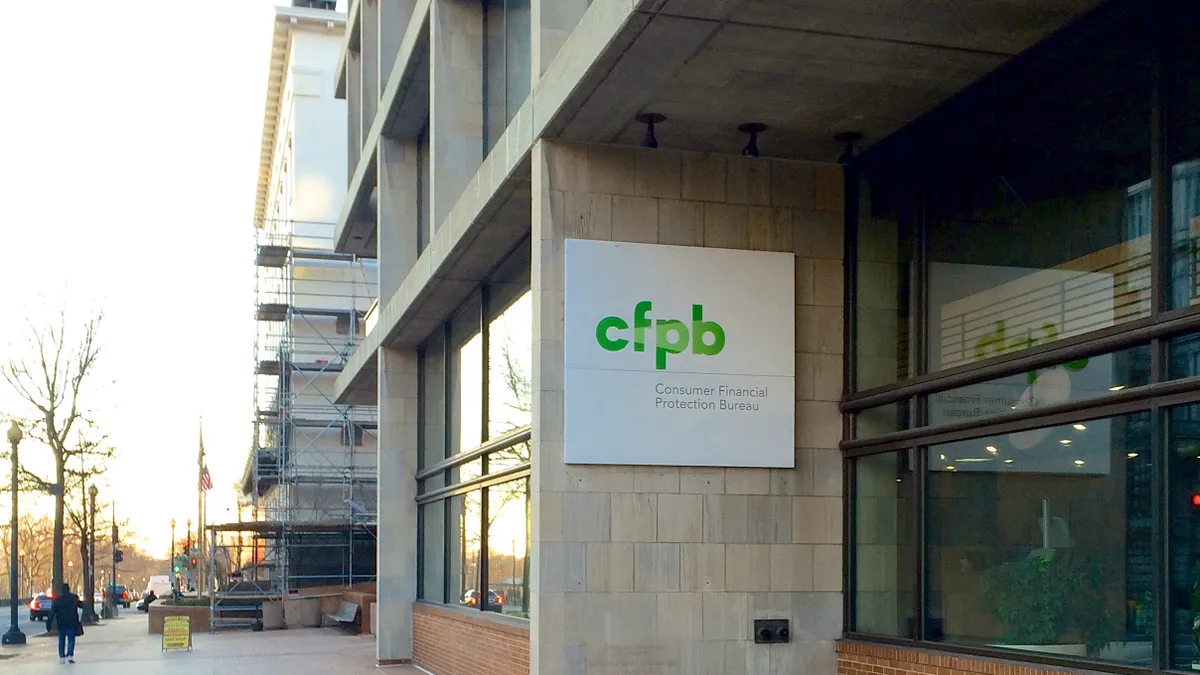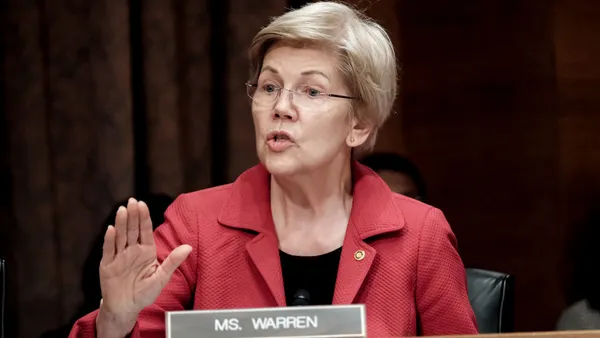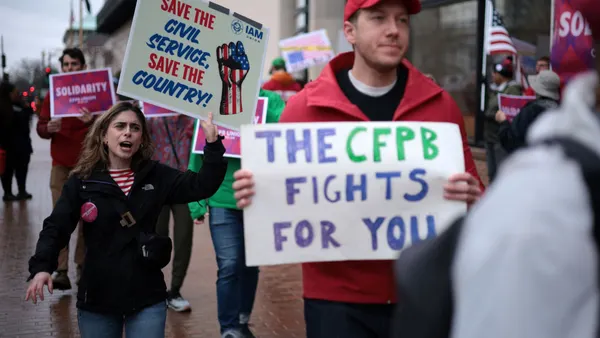The Consumer Financial Protection Bureau warned banks Wednesday that reopening a bank account unilaterally after a consumer has closed it might violate federal law.
The CFPB received complaints from consumers saying their bank reopened their accounts even after they completed all the steps required to close them. The banks also charge overdraft and nonsufficient funds fees, the bureau noted in Wednesday's circular.
Banks might risk violating the CFPB’s prohibition on “unfair acts or practices” by reopening closed accounts, the agency said.
Financial institutions also charge maintenance fees after reopening the account, even if they did not pay account maintenance fees prior to closing it.
“When a bank unilaterally chooses to open an account in someone’s name after they have already closed it, this is a fake account,” CFPB Director Rohit Chopra said in a statement. “The CFPB is acting on all fronts to halt the harvesting of illegal junk fees.”
The bureau pointed out that in 2019, the CFPB ordered USAA to pay more than $15 million in consumer remediation and penalties for violating the Consumer Financial Protection Act. The bank failed to honor consumers’ stop-payment requests in preauthorized electronic fund transfers and also reopened deposit accounts that were previously closed without seeking prior approval or giving proper notice.
Bank account closures might “require a consumer to provide a certain period of advance notice prior to closing the account to allow for the financial institution to process any pending debits or deposits,” the CFPB noted in the statement.
Consumers often need to settle any pending balance in their deposit accounts before closing them. Usually, consumers cannot access their account information or receive notifications after closing the account.
Charging fees when the bank reopens a closed account might also give third parties access to a consumer’s fund without permission. Reopening an account can also overdraw the account, which might send a wrong signal to the credit reporting companies if the consumer does not settle the negative balance promptly.
“Consumers often cannot reasonably avoid the risk of substantial injury caused by this practice because they cannot control a third party’s attempt to debit or deposit money, the process and timing of account closure, or the terms of deposit account agreements,” the CFPB said.












